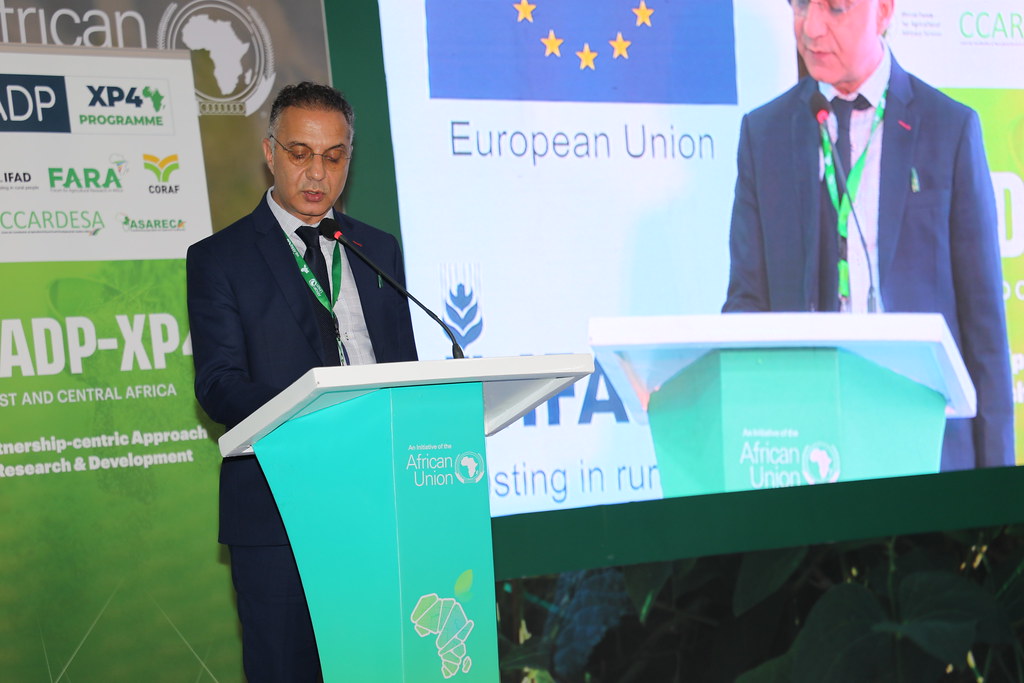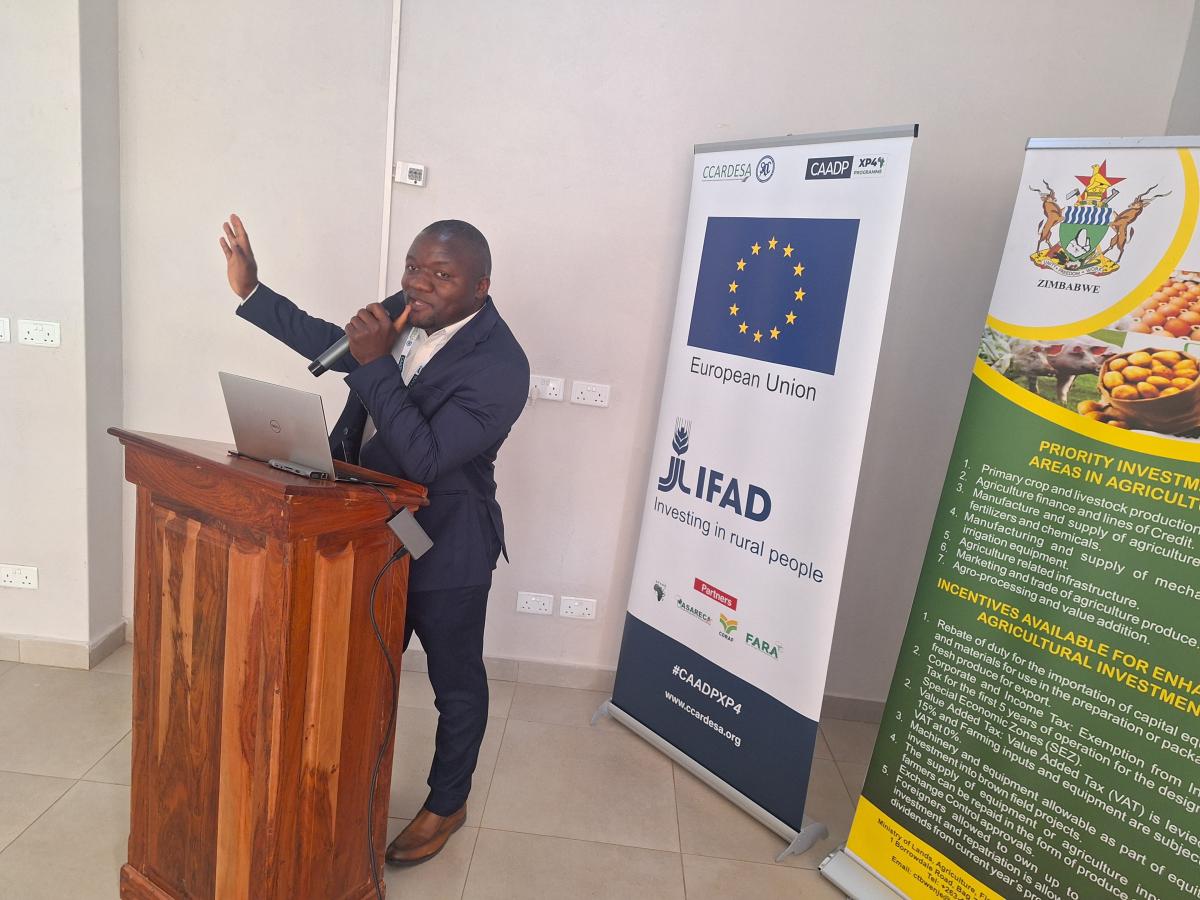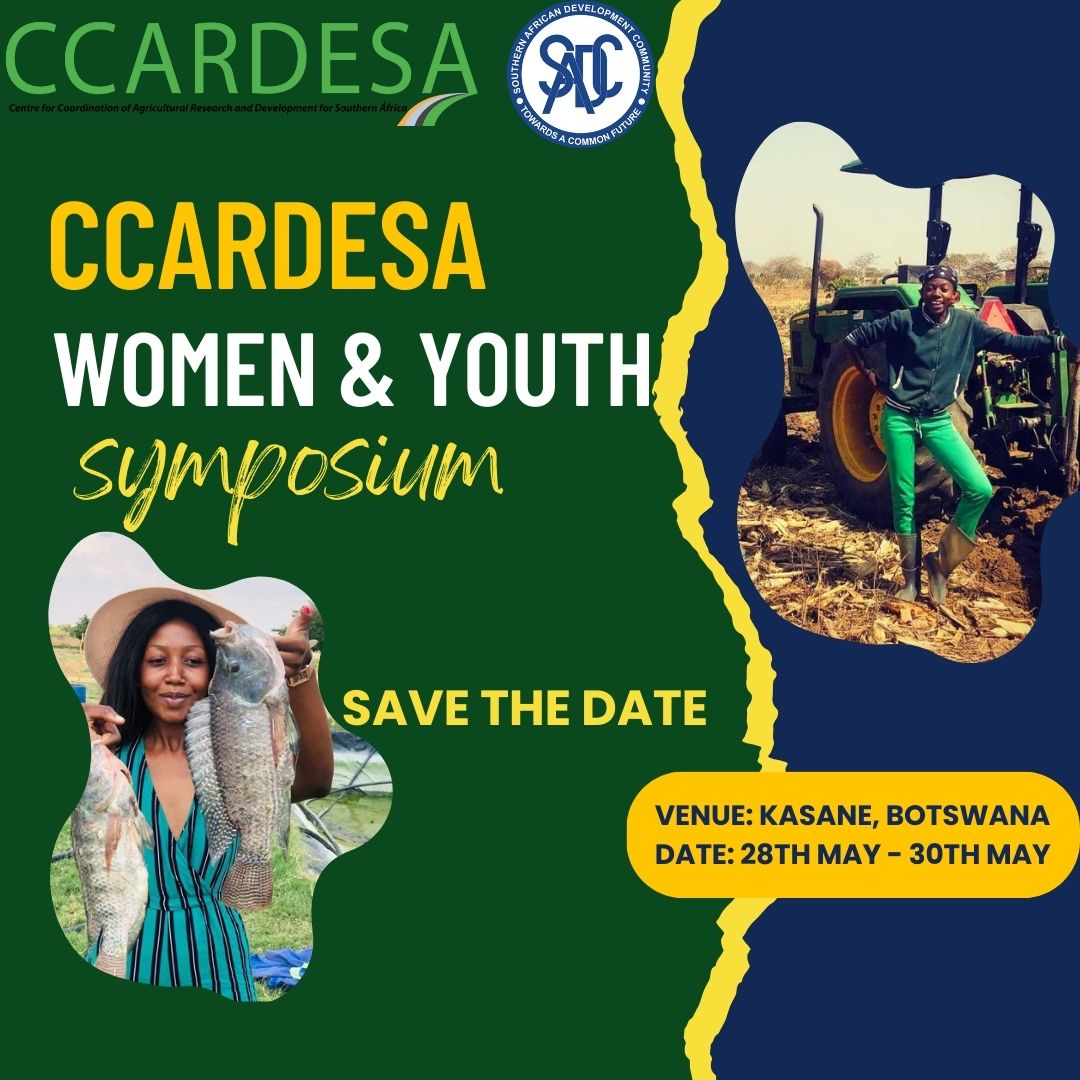Climate-Smart Agriculture Case Studies 2018: Successful approaches from different regions
This publication was launched yesterday at the COP24 in Poland at the Global Alliance for Climate Smart Agriculture side event. Hard copies of this CSA publication can be found at the Rome-Based Agencies booth.
The aim of this publication is to provide the best FAO-led examples of how the CSA is not a “one-size-fits-all” approach that can be universally applied but, rather, involves different elements embedded in local contexts. The case studies show how the management of farms, crops, livestock and aquaculture can balance short- and long-term food security needs with priorities for the farmer/ producer, as well as build adaption to climate change and contribute to mitigating GHG.
The case studies were selected and adapted from the Climate-Smart Agriculture Sourcebook Second Edition 2017, and other FAO projects.
FAO. 2018. Climate-Smart Agriculture Case Studies 2018. Successful approaches from different regions. Rome. 44 pp.









